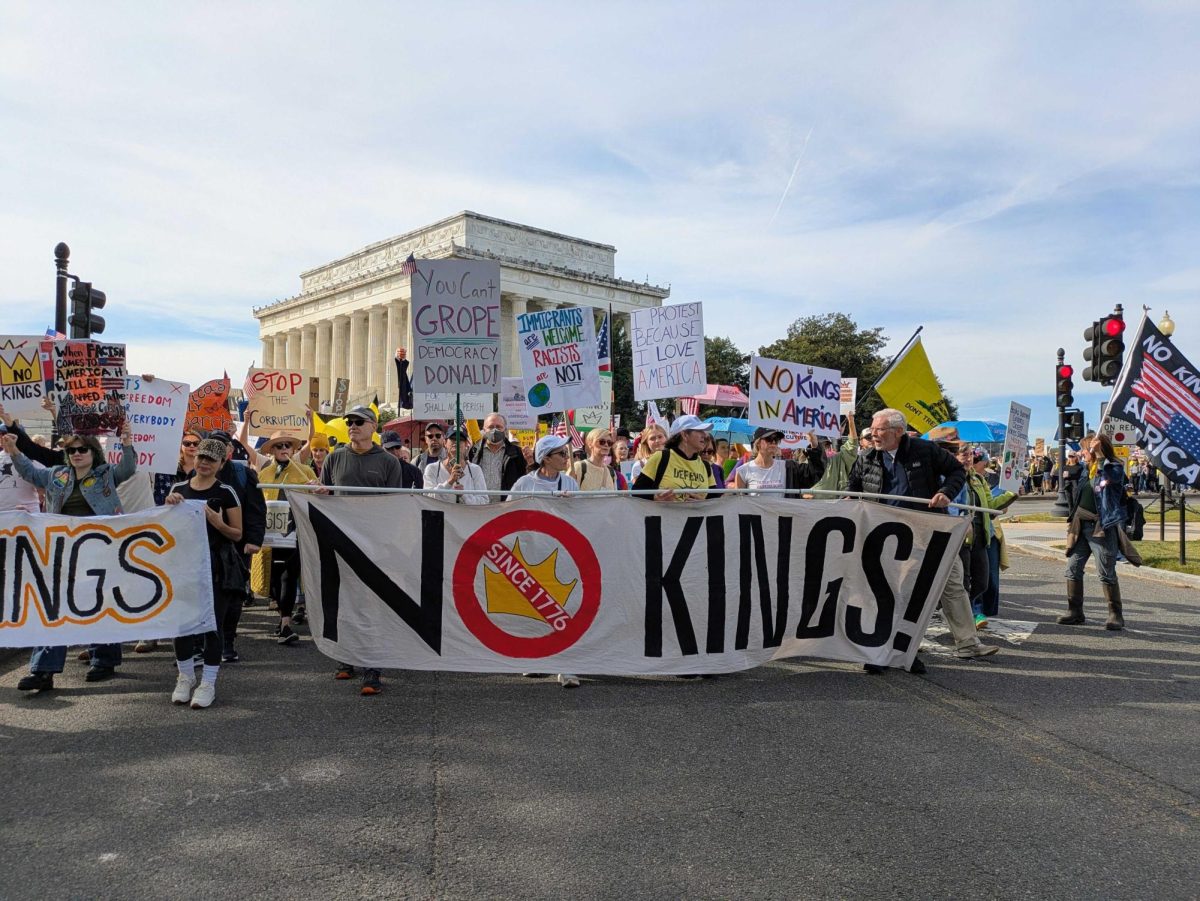Commemorating National Eating Disorder Awareness Week
February 24, 2021
I felt compelled to write a post on this blog for National Eating Disorder Awareness Week, which this year is Feb. 22-28. This blog is called “Mind and Body,” and eating disorders profoundly impact both.
About 30 million people in the U.S. are living with an eating disorder. Yet only one-third of those with an eating disorder receive treatment. As a person with an eating disorder myself, I want to use this piece to bring awareness to this serious mental health condition, and to help reduce the stigma surrounding eating disorders and other mental health disorders.
The fact that we are living in the age of social media, compounded with a worldwide pandemic and lockdowns is a recipe for disaster when it comes to eating disorders. The prevalence of full blown eating disorders in part stems from not only a culture of comparison but also a culture where disordered eating tendencies are normalized.
Social media can be a good thing. It fosters community in a time where in-person community is limited. But when we are constantly viewing people’s highlight reels, how are we supposed to avoid comparison?
I find that certain social media platforms, especially ones like TikTok and Instagram, are detrimental to my mental health and can contribute to the perpetuation of my disordered eating tendencies.
I think it is time to shift the narrative on social media platforms. It’s OK if you are not eating and posting “healthy” food for every meal (and the term “healthy” is relative, by the way. What is healthy for me is not necessarily healthy for you when it comes to eating disorders). It’s OK if your tummy is a little bloated, or you can see cellulite in your photos. It’s OK if you’re having a bad mental health day and you can’t fake happiness on social media.
So why don’t we stop trying to fake it? Why don’t we start talking about how we really are? Why don’t we start using the platforms we have to show the realness of life, instead of using social media to promote unrealistic body standards and ideals?
We also need to start being more mindful of the language we use concerning food and eating habits. Certain phrases regarding food intake or body image can be triggering and potentially damaging to a person with an eating disorder. We could all do better to be careful of what we say when it comes to these things.
I’ve experienced disordered eating since I was 11 years old. That is far too young. For eight years, I have dealt with restriction and shame. While I still deal with those things, it is not as difficult for me anymore, and I have found the strength to be open about my story. In turn, I have been able to gain an unshakeable support system.
My best friend, Ali Smith, has been my biggest supporter in recovery. I would be much worse off without her.
Find a support system. Seek help. While my journey is still in progress, I am still moving. I hope the same for everyone with an eating disorder. I hope you are able to find support and know that you are not alone.





